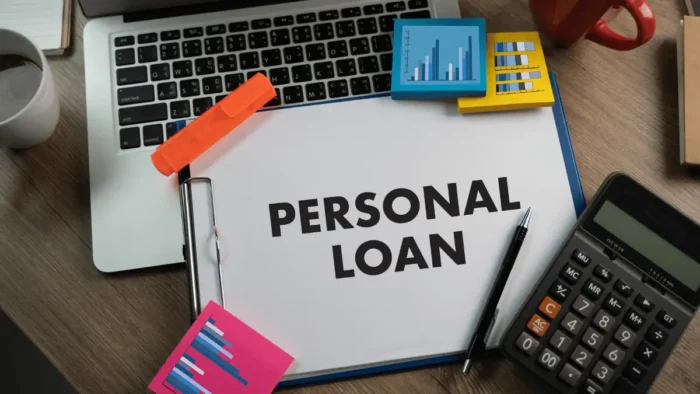There are a few words in the business vocabulary that instantly send cold shivers up and down the spine of even the most confident, calm and clear-headed entrepreneur. I’m not talking about recession. I’m not even talking about the audit. No, this word conjures up an emotional and psychological cocktail of shame, fear, anxiety, despair and sheer terror. Yes, I’m talking about bankruptcy.
However, what’s arguably so remarkable about bankruptcy isn’t the dread that it triggers. Rather, it’s the misunderstanding that bankruptcy is the enemy. In truth, and quite surprisingly, it can be — and in many well-known cases, has been — an entrepreneur’s very best friend, and essential lifeline of support.
Here’s why: contrary to popular belief, bankruptcy isn’t a moral designation imposed by stern courts and hostile creditors. Technically and truthfully, bankruptcy is a legal protection that enables individuals (and businesses) who are mired in unsustainable debt to reset their financial picture. Long ago, the makers of our wise and civilized society realized that sending people down a financial spiral that ends in utter destitution is not just cruel, but pragmatically, it’s not in society’s best interest. Uncle Sam and his relatives at the state level don’t want inmates in debtor’s prison. They want people working, paying tax, and creating jobs.
4 Things Entrepreneurs Should Know About Bankruptcy
With this in mind, here are four things that entrepreneurs should know about bankruptcy:
- There are different types (chapters) of bankruptcy. Each has its respective pros and cons. For example, chapter 7 bankruptcy will discharge most debts, but most (and perhaps all) non-exempt assets will be liquidated. Chapter 11 bankruptcy is more structured and costly to file, but allows a business to remain operational and ideally emerge from bankruptcy within a few years.
- As soon as an individual files for bankruptcy, creditors must stop all collection activity — including calls, emails, and letters — and everything must go through the court-appointed trustee.
- While it’s true that credit scores take a major hit with bankruptcy, the financial impact isn’t permanent or fatal. There are things that individuals can do rehabilitate their credit score after filing, such as getting secured credit cards. It’s also easier than ever to get a business loan with bad credit.
- It’s unwise to wait until the proverbial wolves are at the door (or breaking it down) before deciding to consult a bankruptcy attorney for options and advice. Considering what’s at stake, it’s a good investment — and far more intelligent than trying to get counsel from various internet forums that are often loaded with well-meaning but shockingly uninformed people (especially when it comes to state-to-state differences in bankruptcy laws and procedures.)
The Bottom Line
Obviously, bankruptcy shouldn’t be the first (or second, third or fourth) option when a startup dream turns into a nightmare. It’s more like the last, best contingency plan when it’s no longer viable to raise additional capital or negotiate with creditors. Yes, it’s a stressful experience. But it shouldn’t be shameful or petrifying. Simply put: debt happens. And sometimes, bankruptcy does, too.



